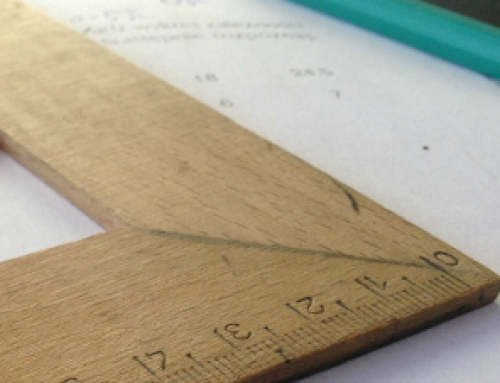A prepayment penalty is exactly what it sounds like, a penalty for paying off your loan early. Certain mortgages, and specifically home equity lines of credit, can come with a prepayment penalty. It’s best to understand how they work and when they kick in to know whether it’s something you should consider as “okay” for you.
Prepayment Penalty Timeframes
Home Equity Line prepayment penalties are usually for a set period of time, and are usually a flat fee. Prepayment penalties on a first mortgage can last for the life of the loan. In general, these penalties limit how quickly you can pay a home off. From the lender’s perspective this make sense since their loan to you is given with the understanding that they will be earning a specific amount of interest on the loan.
Home Equity Line Prepayment Penalty
With short term prepayment penalties, like you usually find with home equity lines, the lender is trying to make back the cost of giving you the loan. Usually this represents a few hundred dollars and covers the cost of an appraisal, the credit report, processing the paperwork and perhaps even legal work. If you don’t keep (and use) the line for at least X number of years, they will be “out” the cost of giving you the loan, and if you close the line, they’ll not only not have made back their cost, but won’t make any money on the loan itself. This is why with a home equity line, you usually see a prepayment penalty of under $500, and it usually goes away if you’ve held the line (with a balance or not) for at least 3 years, sometimes more.
First Mortgage Prepayment Penalty
With a first mortgage, prepayment penalties are a bit more unusual, but are sometimes seen on non-conforming loans, where the lender is taking a greater risk due to the nature of the property, or your experience in managing the property (in the case of an income-producing property). In these cases, the prepayment penalty may remain in place for the life of the loan, or for 10 years, or some other arrangement. Read all of your paperwork on the loan, and make certain to ask whether a prepayment penalty will be charged. For some lenders, even if you pay “extra” but don’t pay the loan off, if you’ve paid more than 20% towards principal each year, you may have to pay the penalty. It’s best to know ahead of time.
The Cost of Prepaying
Many people feel that they won’t prepay their mortgage. They’re fine with the penalty amount and have no intention of paying extra. But prepayment also happens when you sell the home before the end of the mortgage term, or decide to refinance it to get a lower rate. In both cases, a prepayment penalty can kick in, and you could find yourself paying a few hundred to a few thousand dollars in penalties. Again, read the fine print. The average prepayment penalty is usually based on a percentage of a specific number of months’ worth of payments.
Soft Vs Hard Prepayment Penalty
There are also two types of prepayment penalties, soft and hard. A lender charging a soft prepayment penalty will only charge the penalty if you are refinancing to another lender. If you are selling the house and moving, they will waive the penalty. A hard prepayment penalty is charged whenever the loan is paid off early.
Consider The Prepayment Penalty Term Length and Your Plans
Prepayment penalties aren’t necessarily a bad thing. If you have a short term during which they are effective (like the home equity line) and you have every intention of living in that home well after the timeframe, you may be willing to take the risk for a better rate and a small penalty later if plans change. But if you’re looking at a penalty that lasts the length of the mortgage, and you know you’re going to sell and move, or try to pay the loan off early, consider that penalty as part of the cost of the loan when comparing rates and terms with other lenders. Knowing ahead of time, and asking questions of both the realtor and the lender will give you the information you need to plan ahead.














Follow Us